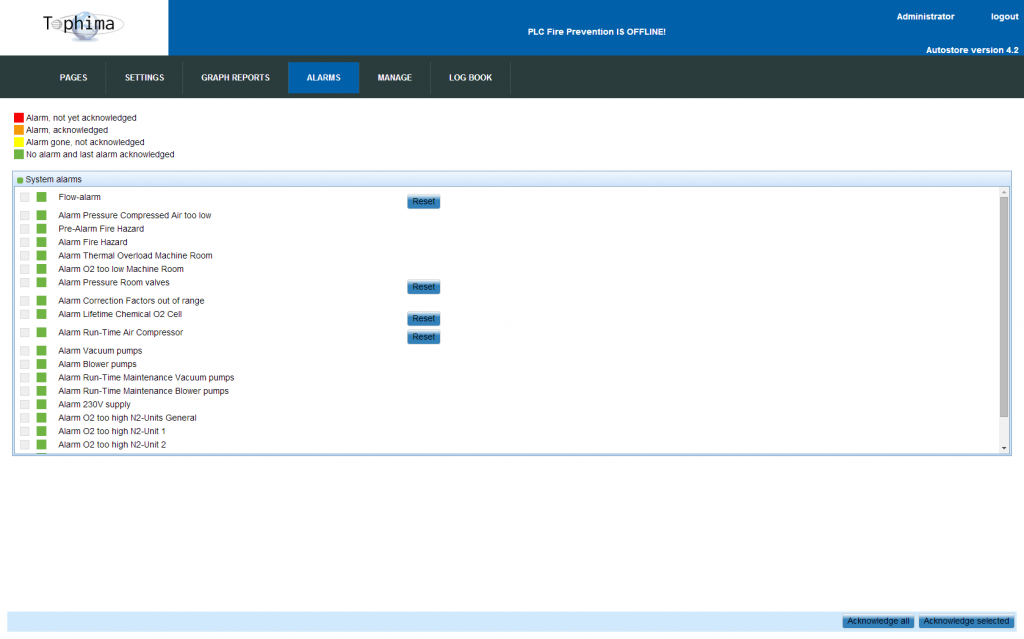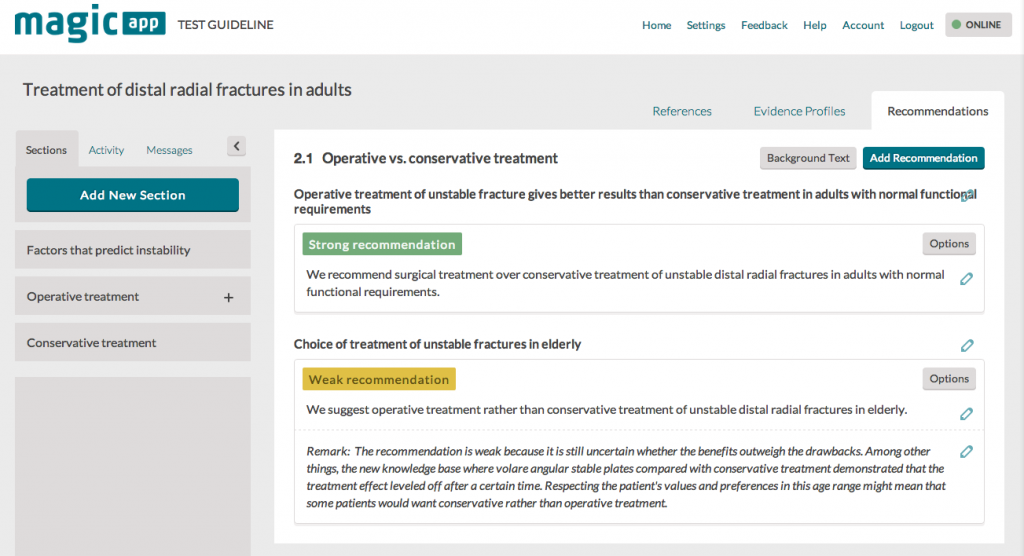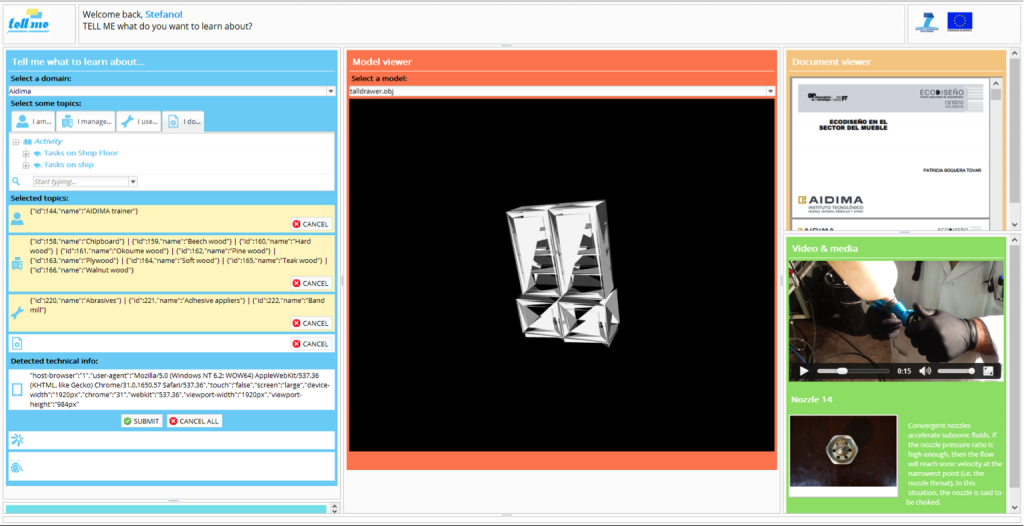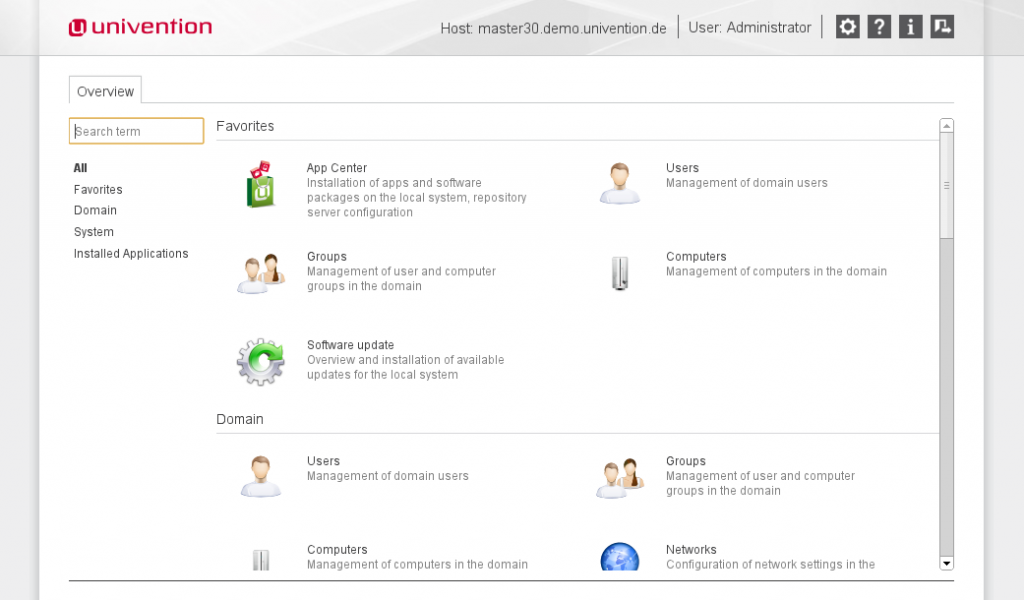Ten years ago, we humbly started a project to create a “next generation DHTML toolkit”, based on an initial email, Selling the future of DHTML. Today, we are pleased to announce the immediate release of Dojo 1.10, our 16th major release of the toolkit!
Release Notes and Documentation
Dojo 1.10 is primarily a stability and bug fix release, with over 275 issues resolved. Read the Dojo 1.10 release notes for the complete list of what’s new and improved in 1.10. API features and enhancements primarily occurred within the following areas:
- Core (DOM, events, request, WebWorkers, etc.)
- Dijit
- dojox/charting and dojox/gfx
- dojox/app
- dojox/calendar
- dojox/mobile (including an iOS 7 theme)
- dojox/store (offline store supporting WebSQL and IndexedDB support)
- Uglify 2 support for Dojo builder
The tutorials, reference guide, and API viewer have also been updated for the 1.10 release.
Use Direct from the CDN, or Download
Get the Dojo release that’s right for you. Choose from CDN, optimized builds, or source versions with full demos and utilities.
dstore
The new dstore project is being worked on as the eventual successor to dojo/store. It works with Dojo 1.8+, but is intended to also define the object store APIs for Dojo 2. Tutorials and documentation will accompany the dstore 1.0 release that is expected in a few weeks. Read the Looking ahead with stores blog post for more details on the direction of this module.
Grids
As reminder, while the source code is still available for DataGrid and EnhancedGrid, these modules are formally deprecated. We instead recommend that you use dgrid or gridx.
dgrid 0.4 is currently under development, and will be the first component to leverage the new dstore API.
Intern
Intern is the replacement for DOH. Work is currently underway to update all DOH tests in Dojo core and Dijit to use Intern, to make it easier to prevent regressions with Dojo 1.x releases. You can learn more about Intern via the Intro to Intern webcast, and also read What’s next for Intern and the 2.0 release that is expected soon.
What’s Next? 1.10.1, 1.11, and 2.0
We continue working on Dojo 2.0. We continue to issue periodic maintenance releases on 1.4+, primarily to fix issues when new browsers are released. We will likely will have a 1.11 release for anything that might change or enhance an API, or backport key improvements made for 2.0.
Thanks!
This release would not have been possible without significant contributions from the Dojo team. Special thanks to everyone who helped make this release possible, including:
- Adrian Rakovsky
- Adrian Vasiliu
- Akira Sudoh
- Alexander Kaidalov
- Allen Shiels
- Avraham Rozenzweig
- Ben Hockey
- Benjamin Santalucia
- Bill Keese
- Brandon Payton
- Bryan Forbes
- Christophe Jolif
- Chuck Dumont
- Clement Mathieu
- Colin Snover
- Damien Garbarino
- Damien Mandrioli
- Dasa Paddock
- Douglas Hays
- Dylan Schiemann
- Ed Chatelain
- Ed Hager
- Eduardo Matos
- Eric Durocher
- Erwin Verdonk
- Gabriel Aszalos
- Gaurav Ramanan
- Heng Liu
- Hugh Winkler
- James Morrin
- Jochen Schäfer
- Joerg Sonnenberger
- Julien Mathevet
- Justin Bumpus-Barnett
- Kitson Kelly
- Kris Zyp
- Lajos Veres
- Lamiaa Said
- Lee Bodzak
- Lorenzo Solano
- Mangala Sadhu Sangeet Singh Khalsa
- Mark Hays
- Mark Szymanski
- Matthew Maxwell
- Mustafa Celik
- Nick Nisi
- Pascale Dardailler
- Patrick Ruzand
- Peter Kokot
- Philip Jägenstedt
- Rawld Gill
- Scott Davis
- Sebastien Brunot
- Sebastien Pereira
- Semion Chichelnitsky
- Simon Speich
- Stephen Davis
- Stephen Simpson
- Steve Hearnden
- Terence Kent
- Tim Roediger
- Virgil Ciobanu
- Vitaly Trushkov
- Wouter Hager
- Youngho Cho
We also thank AltoViso, IBM, SitePen, and TimeTrade for their generous contributions of development time and financial support.
Dojo community day!
We’re hosting a free Dojo community day in Switzerland on July 5th, and plan to host similar events in other locations later this year. If you cannot make it to Switzerland, we still encourage you to join us on the #dojo IRC channel (irc.freenode.net) for an afternoon of hacking. We’ll be online from approximately 9am – 6pm in Switzerland. Or join us at another Dojo event this summer.
Thanks!
We hope you’ll find Dojo 1.10 to be exceptionally stable and reliable. Please let us know if you run into any issues by opening a ticket. If you find a problem in the documentation, you can also provide feedback via the link at the bottom of every page. We also encourage you to get involved, to help improve Dojo and to work on Dojo 2.0. We hope you find value in using Dojo 1.10!



